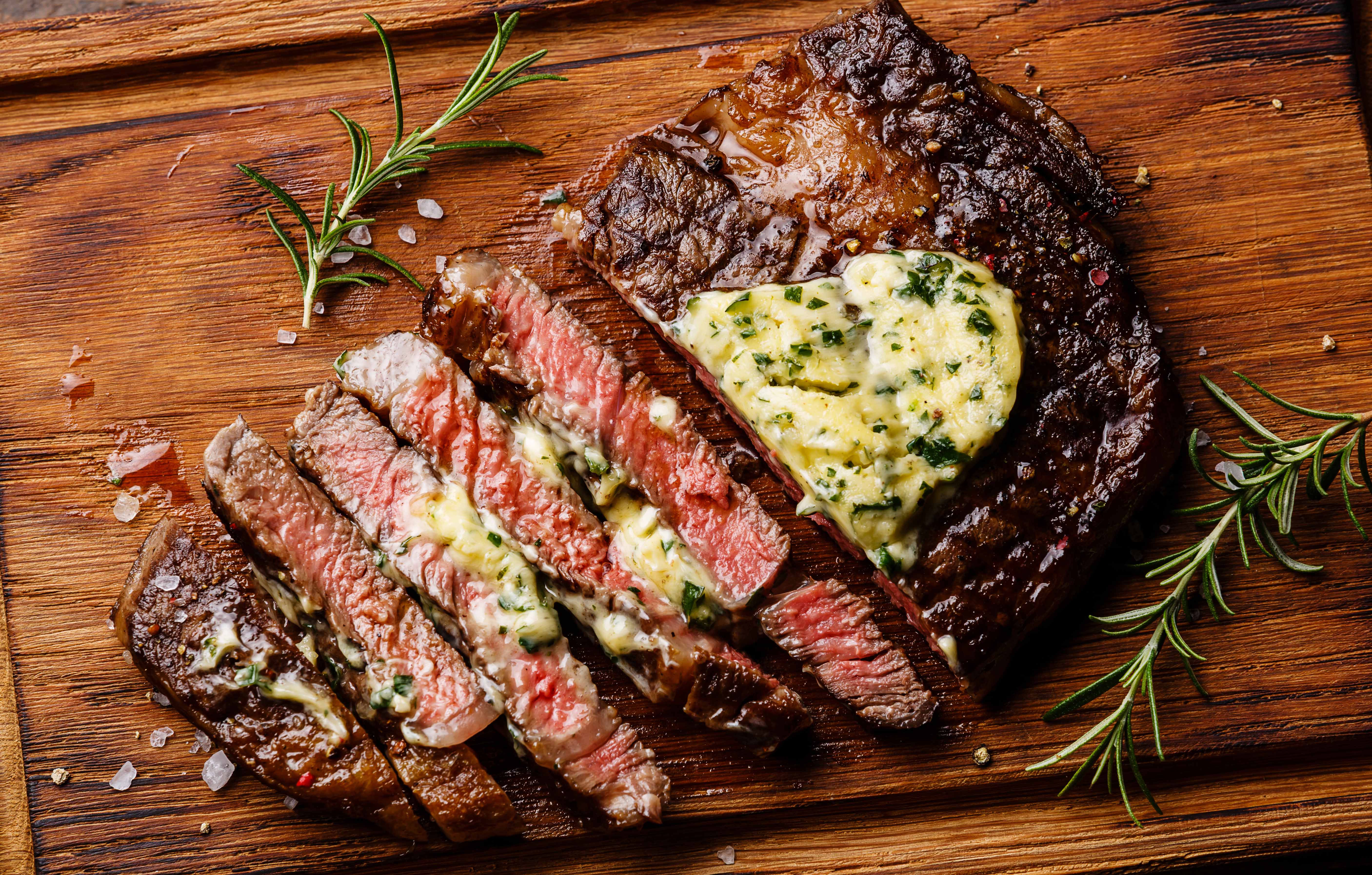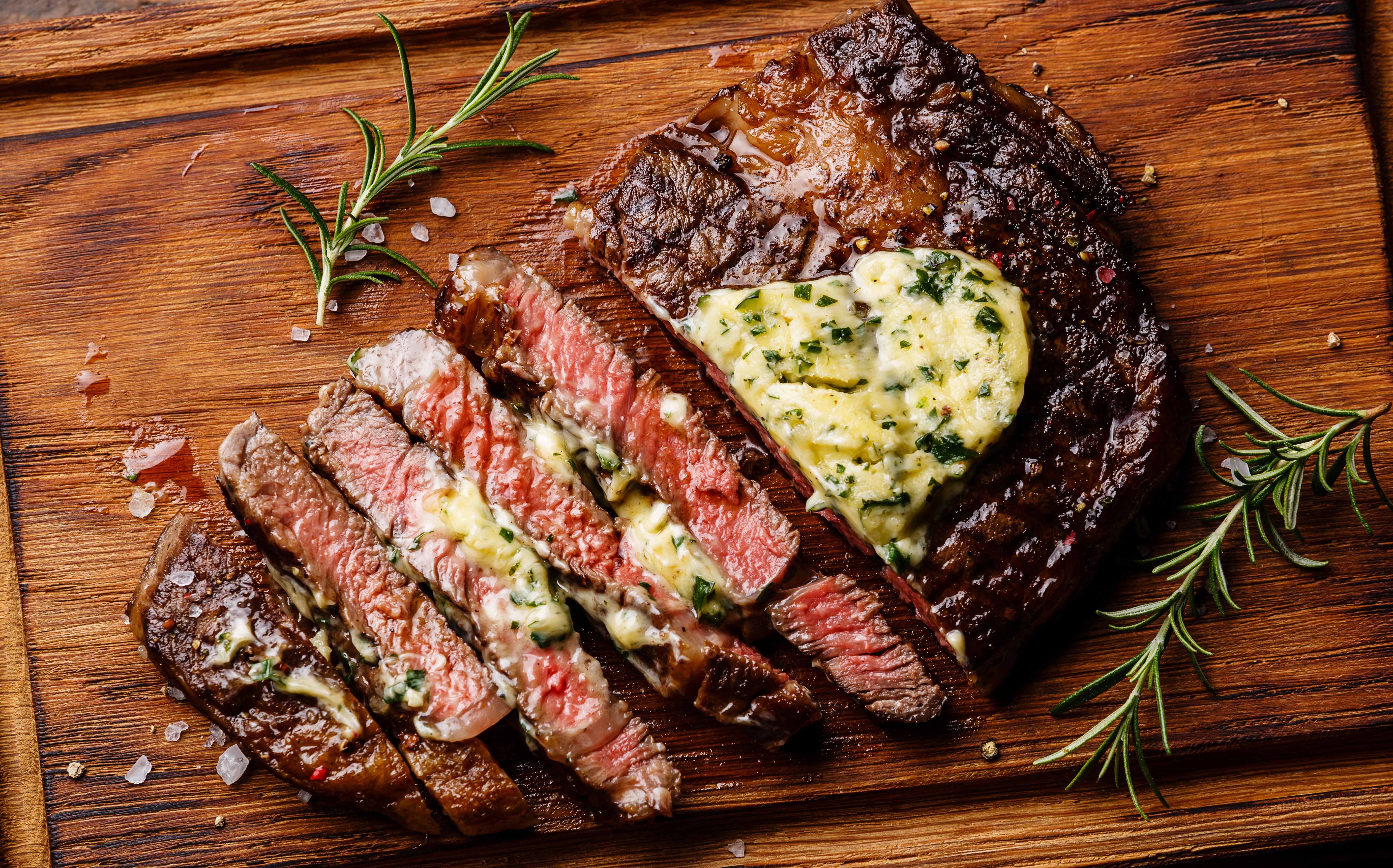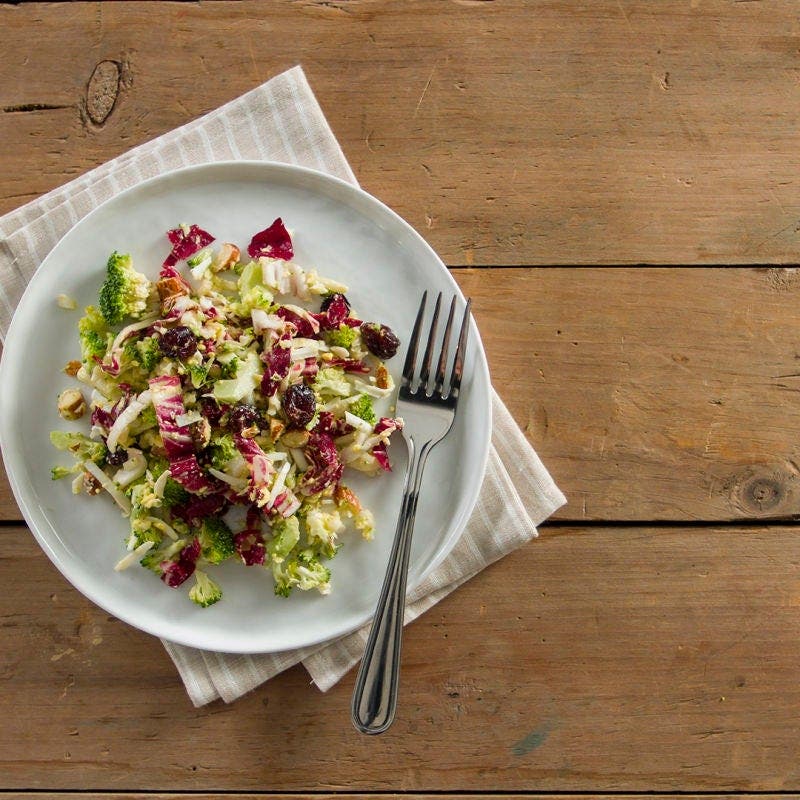What is the keto diet and how does it work?


It seems like no matter where you turn; someone is talking about, blogging about, or ‘gramming about keto and its rapid effects on weight loss and its health benefits. In fact, keto was the number one searched diet term in 2018[i]. So, what is all the hype really about? Read on for crash course on the basics of keto, and answer the question, “Can I really eat bacon and butter and lose weight?”
What is keto?
Keto is the catch-all term for what is more formally called the ketogenic diet; essentially an ultra low carb diet. The basics of the ketogenic diet are high fat, moderate protein, and very little carbohydrates. The typical ratio is 70-80 per cent fat; about 10-20 per cent protein; and about 5-10 per cent carbohydrates[ii].
So, why would you be able to eat so much fat and still be able to lose weight? The initial weight loss is attributed mostly to water loss from the acute, dramatic reduction of carbs. When you eliminate nearly an entire category of foods (in this case, carbs) you are left with far fewer foods to eat and will therefore likely be eating less.
Second to consuming less, when you get most of your calories from fat, it forces your body into a state called ketosis, whereby your body derives its energy from ketones instead of glucose.
To understand ketosis, it’s helpful to know a bit about how your body uses energy from the foods you eat.
The cells in your body prefer to use glucose (sugars from the carbs you eat) as a source of energy[iii]. When you dramatically reduce the number of carbs you consume and replace them with fats your body goes into a state of ketosis. This means the liver begins producing ketone bodies from stored fats that will be used as a source of energy in the absence of glucose, thereby burning fat instead of carbs[iv].
Whether you are eating a high or low carb diet, you are only going to lose weight when you consume fewer calories than your body burns.
What do you eat on Keto?
Fats, proteins, and minimal carbs are what you need to eat to be successful on keto. Carbs will make up a significantly smaller portion of your diet on keto than on an average eating plan. On keto, you would have to eliminate most carbs, including obvious sources like bread and pasta, and less obvious sources, like fruits and veggies.
A breakdown of some of the foods you’d eat on keto:
| Fats: 70-80% | Protein: 10-20% | Carbs: 5-10% |
|
Butter |
Beef |
Leafy green vegetables (these are the most keto-approved veggies) |
For a typical 2,000 calorie per day diet, this translates to about:
- 165 grams of fat
- 75 grams of protein
- 20-30 grams of carbs[vii]
Learn more about how keto compares to other weight loss programs
Is keto new?
Actually, no. Despite all the recent buzz, keto is not new. This type of diet was first developed in the 1920s to treat epilepsy in children[v]. It is only more recently that this diet has gained popularity in the weight-loss space.
Does keto help you lose weight?
Remember how we talked about the body preferring glucose from carbs as a source of energy? Well, the body stores a small amount of this glucose in the form of glycogen. When you start going keto, your body uses up what little stores of glycogen it has and sheds that with water[vi]. Note that once you overconsume carbs, the effects are reversed.
What do you eat on Keto?
Fats, proteins, and minimal carbs are what you need to eat to be successful on keto. Carbs will make up a significantly smaller portion of your diet on keto than on an average eating plan. On keto, you would have to eliminate most carbs, including obvious sources like bread and pasta, and less obvious sources, like fruits and veggies.
A breakdown of some of the foods you’d eat on keto:
| Fats: 70-80% | Protein: 10-20% | Carbs: 5-10% |
Butter | Beef | Leafy green vegetables (these are the most keto-approved veggies) |
For a typical 2,000 calorie per day diet, this translates to about:
- 165 grams of fat
- 75 grams of protein
- 20-30 grams of carbs[vii]
Keto and carbs
To work keto properly, a dramatic decrease in carbs is required. Carbs can be found in a wide variety of foods which you would need to eliminate from your diet, including pasta, bread, oatmeal, potatoes, fruits, and veggies. There are some concerns that cutting some of these foods means missing out on the broader nutrient benefit that comes from these foods.
Take for example the salad below, looks healthy, right? It’s got tons of broccoli, hard-boiled eggs, and dried cranberries. It’s also got 33 g of carbs which would exceed the amount you are to eat on keto.
Chopped Broccoli & Cranberry Salad with Egg

Be careful, as carbs are hidden everywhere! Check out the chart below for some sources of carbs. The goal for keto is to stay below 30 grams of daily carbs.
| Food | Grams of carbs |
| 1 slice whole wheat bread | 47 grams |
| ½ cup cooked sweet potato | 37 grams |
| 1 medium banana | 30 grams |
| 1 cup plain oatmeal | 28 grams |
| 1 medium apple | 15 grams |
| 12 oz lager beer | 13 grams |
| ½ cup raw carrots | 12 grams |
| 1 cup orange juice | 11 grams |
| ¾ cup Vanilla Greek yogurt | 11 grams |
| ½ cup steamed broccoli | 11 grams |
| ½ cup cooked cauliflower | 5 grams |
| 5 oz red wine | 4 grams |
Is keto hard to follow?
Many have found keto a workable diet during a focused period of weight loss. Studies have shown keto can be restrictive and hard to follow over the long term and it can be heavy on red meat and other fatty foods that are increasingly considered to be unhealtyviv.
Is keto safe?
Following the keto diet means increasing the amounts of fats in your diet. Keto does not differentiate between the quality of fats (saturated versus unsaturated) and only mandates you eat a lot of it. There are “good” fats and “bad” (a.k.a. saturated) fats; foods high in saturated fat come with known health risks including increased risk of heart disease[viii].
Keto does not align with the new Canada Food Guide, which emphasizes eating plenty of fruits and vegetables, whole grains, and plant-based proteins. The new Food Guide also specifically calls out limiting the consumption of saturated fats as doing so can help lower your risk of heart disease[ix].
The best eating plans are ones that you can stick with for the long term, include a wide variety of foods, and don’t require you to eat from a list of ‘approved’ foods. Some people have found that keto works well for them, and others have found it can be hard to sustain.
If you have pre-existing liver or kidney conditions, heart disease or diabetes, you should seek the advice of a physician before undertaking any significant changes to your diet.
WeightWatchers® is the #1 Doctor Recommended Weight Loss Program*
*Based on a 2019 survey of 500 doctors who recommend weight loss programs to patients
[i] https://trends.google.com/trends/yis/2018/US/
[ii] https://www.hsph.harvard.edu/nutritionsource/healthy-weight/diet-reviews/ketogenic-diet/
[iii] https://www.health.harvard.edu/blog/ketogenic-diet-is-the-ultimate-low-carb-diet-good-for-you-2017072712089
[iv] https://www.health.harvard.edu/staying-healthy/should-you-try-the-keto-diet
[v] https://www.hopkinsmedicine.org/neurology_neurosurgery/centers_clinics/epilepsy/diet-therapy.html
[vi] https://www.precisionnutrition.com/ketogenic-diet
[vii] https://www.health.harvard.edu/staying-healthy/should-you-try-the-keto-diet
[viv] https://www.health.harvard.edu/blog/ketogenic-diet-is-the-ultimate-low-carb-diet-good-for-you-2017072712089
[viii] https://www.heart.org/en/healthy-living/healthy-eating/eat-smart/fats/saturated-fats
[ix] https://food-guide.canada.ca/en/healthy-eating-recommendations/make-it-a-habit-to-eat-vegetables-fruit-whole-grains-and-protein-foods/choosing-foods-with-healthy-fats/

